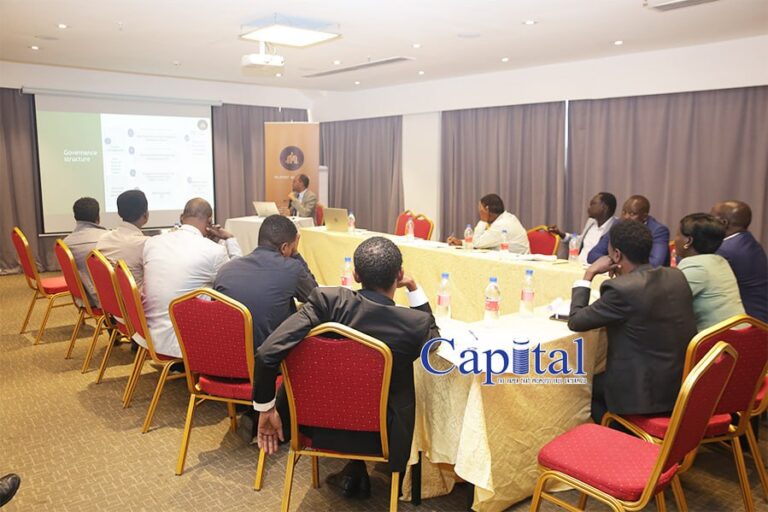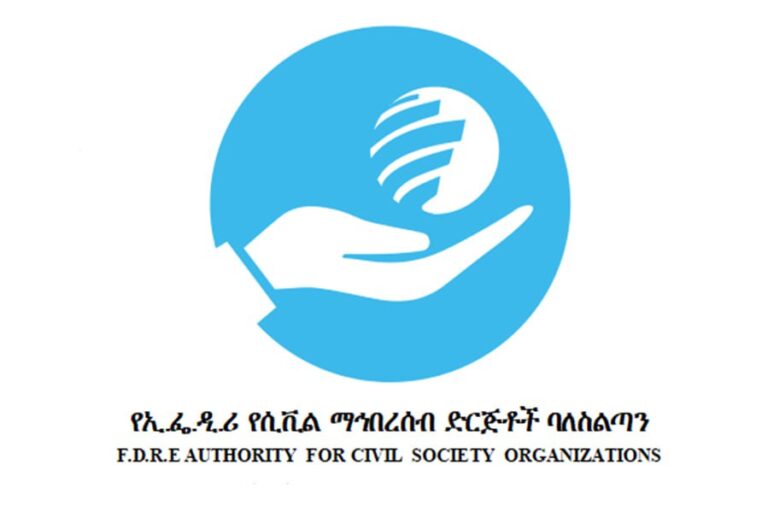Despite the rapid global spread of the internet, Ethiopia remains one of the top five countries worldwide with the largest number of people still disconnected, a recent report by the World Bank reveals. According to the data, approximately 103.29 million Ethiopians do not have regular access to the internet, positioning Ethiopia just behind Nigeria in the ranking.
The report, authored by technology writer Alan from Increditools, details how around 2.6 billion people globally—about a third of the world’s population—are still not connected to the internet, with the majority residing in Asia and Africa. The study points out significant challenges such as infrastructure deficits, affordability, digital literacy, government policies, and political instability that contribute to these startling numbers.
In Ethiopia, the challenge is multifaceted. The rural-urban divide plays a significant role, with many remote areas lacking the necessary broadband and mobile infrastructure to facilitate internet connectivity. This issue is compounded by the high cost of internet services, which remains unaffordable for many, and a general lack of digital literacy that prevents individuals from fully leveraging the internet even when it is accessible.
“The internet has become a fundamental tool for development in the 21st century,” Alan noted in his report. “For Ethiopia, improving internet accessibility is not merely a technological advancement but a crucial step towards economic and social development.”
The Ethiopian government has recognized the importance of digital inclusivity and has been making efforts to improve connectivity across the country. These include initiatives to expand broadband access, reduce the cost of internet services, and enhance digital literacy among the population. However, much work remains to be done to bridge the digital divide.
As Alan emphasizes, closing the gap in internet equity is essential for fostering inclusive economic growth, enhancing social cohesion, and advancing overall global progress. The need for concerted efforts from governments, private sector actors, civil society organizations, and international institutions is more pressing than ever to ensure that everyone, regardless of their geographical location or economic status, can access the benefits of the digital age.







